China and EU pursue stronger cooperation and trust
- Update Time : Monday, January 20, 2025
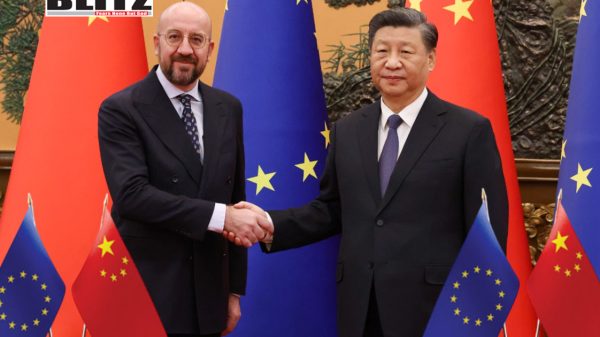
The evolving relationship between China and the European Union (EU) has gained renewed momentum following a phone conversation between Chinese President Xi Jinping and European Council President Antonio Costa on January 14. This interaction, initiated by Costa, marks the first official communication between Xi and the newly appointed EU leader. Described by Costa as “constructive,” the discussion underscores the shared ambition of both leaders to enhance strategic mutual trust, foster open cooperation, uphold multilateralism, and propel China-EU relations to greater heights.
This dialogue sets a promising tone for China-EU relations in 2025, with potential positive implications for global peace, stability, and prosperity. As Xi emphasized during the call, China remains confident in its partnership with the EU and hopes for reciprocity in building a relationship based on trust and mutual benefit.
President Xi’s comments resonated widely across European media, interpreted as a gesture of goodwill from Beijing and a constructive signal to Brussels. Analysts have noted that Europe, in turn, seeks to convey its openness to engaging with China, even as it navigates complex dynamics with the United States. The emphasis on becoming “trustworthy cooperation partners” reflects the shared belief that partnership thrives on both like-mindedness and the ability to respect differences.
However, this relationship has faced challenges in recent years. Fundamental trust between the two sides has been strained, necessitating urgent repairs. Many in China perceive certain European policies as inconsistent with the principles of friendship and cooperation. For instance, the EU’s imposition of unilateral sanctions on Chinese companies, coupled with its continued call for increased Chinese investment, has raised eyebrows in Beijing. This perceived imbalance, viewed as self-serving, erodes the trust necessary for a robust partnership.
Despite these tensions, the economic relationship between China and the EU remains a cornerstone of their partnership. Both parties are each other’s second-largest trading partners, showcasing a strong symbiotic relationship underpinned by complementary advantages and mutual benefits. In 2024, despite trade frictions, China-EU trade grew by 1.6%. Notable increases included a 2% rise in trade with France, 4.5% with Spain, and 12.9% with Hungary.
The resilience of China-EU trade is further highlighted by the record-setting performance of the China-Europe freight train service, which completed 100,000 trips last year. This robust trade activity demonstrates the tangible benefits of collaboration and the potential for greater economic integration.
China and the EU are integral to each other’s economic ecosystems. The EU is China’s largest source of imported consumer goods and the largest market for its electromechanical exports. These interconnected supply chains have long served as the backbone of their economic relationship. However, as China’s rapid development shifts its position within the global industrial chain, Europe must view these changes as opportunities rather than risks.
The evolution of China-Europe relations presents an opportunity to deepen cooperation in emerging fields such as artificial intelligence, clean energy, aerospace, electronic information, and biopharmaceuticals. These industries hold immense potential for collaboration at the industrial and technological levels, allowing both parties to leverage their strengths in resource endowments, innovation, and market scale.
For example, the automotive industry exemplifies the complementary nature of China-EU trade. Both regions are significant export markets for each other’s automobiles, with the EU investing heavily in China’s automotive sector. By shifting focus from mere market transactions to deeper industrial partnerships, both sides can enhance value creation and innovation.
Furthermore, China and the EU share a vested interest in combating protectionism and addressing global challenges such as climate change, health crises, and technological disruption. Their ability to work together on these fronts not only strengthens their bilateral ties but also contributes to broader global stability and development.
The current geopolitical landscape presents both challenges and opportunities for China-EU relations. While there are no fundamental conflicts of interest or geopolitical contradictions between the two, external pressures and differing policy approaches have occasionally strained their relationship.
One notable challenge lies in Europe’s balancing act between engaging with China and maintaining its strategic alignment with the United States. The EU’s pursuit of “strategic autonomy” requires it to navigate these relationships carefully, ensuring that its engagement with China aligns with its broader geopolitical and economic goals.
Additionally, mutual perceptions play a crucial role in shaping the trajectory of China-EU relations. For instance, some in Europe view China’s growing economic influence as a potential risk, while many in China feel that Europe’s policies have not adequately reflected mutual respect and reciprocity. Addressing these perceptions through open dialogue and transparent communication is essential for rebuilding trust.
President Xi’s remarks during his conversation with Costa serve as a reminder of the enduring potential of China-EU relations. Over the past five decades, their partnership has not only contributed to their respective development but also played a significant role in fostering global peace and prosperity.
To sustain and enhance this relationship, both sides must prioritize mutual respect, equal treatment, and open dialogue. By focusing on common goals and shared interests, China and the EU can build a resilient partnership that withstands external pressures and internal challenges.
The upcoming China-Europe summit in Brussels later this year presents a critical opportunity to strengthen this partnership. Leaders on both sides can use this platform to outline a roadmap for future collaboration, addressing key issues such as trade, technology, climate change, and global governance.
As the world faces unprecedented challenges, the relationship between China and the EU holds immense significance for global stability and prosperity. By becoming “trustworthy cooperation partners,” both sides can set an example of constructive engagement, demonstrating that differences need not hinder progress.
The foundation of this partnership lies in mutual trust, reciprocity, and a shared commitment to addressing global challenges. As President Xi noted, the past 50 years of China-EU relations have been marked by significant achievements. With renewed determination and strategic vision, the next 50 years can be even more transformative, fostering a world that thrives on cooperation, inclusivity, and shared prosperity.
For China and the EU, this is not merely an aspiration-it is an imperative that aligns with the hopes and expectations of a world seeking stability and progress. As they work together to navigate a complex and dynamic global environment, their partnership stands as a beacon of possibility in an increasingly interconnected world.




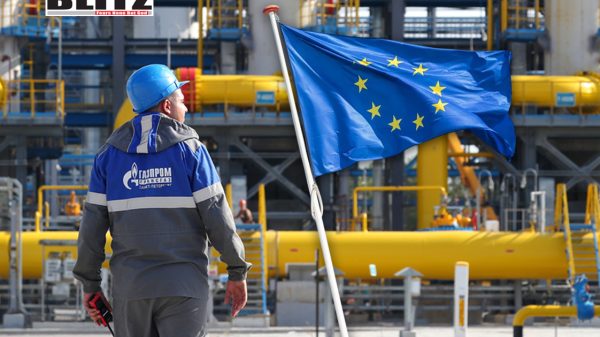


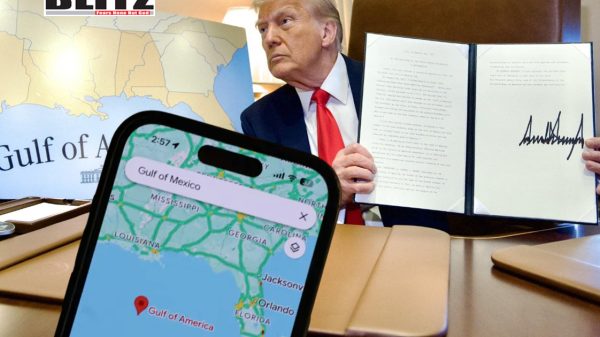
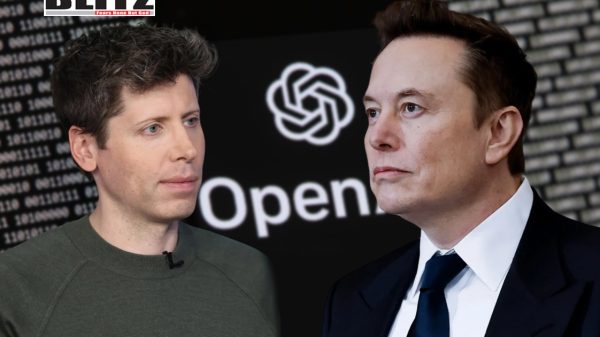

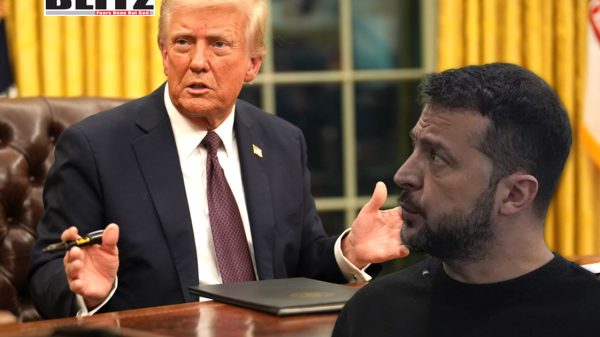


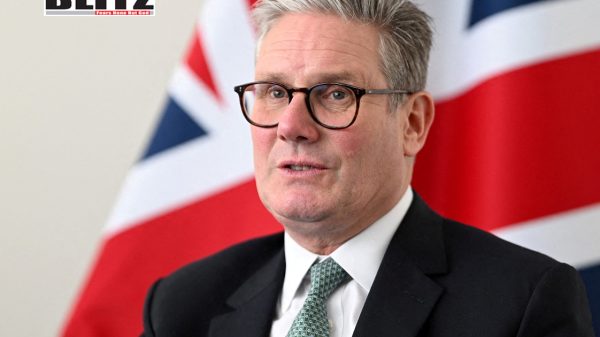




Leave a Reply